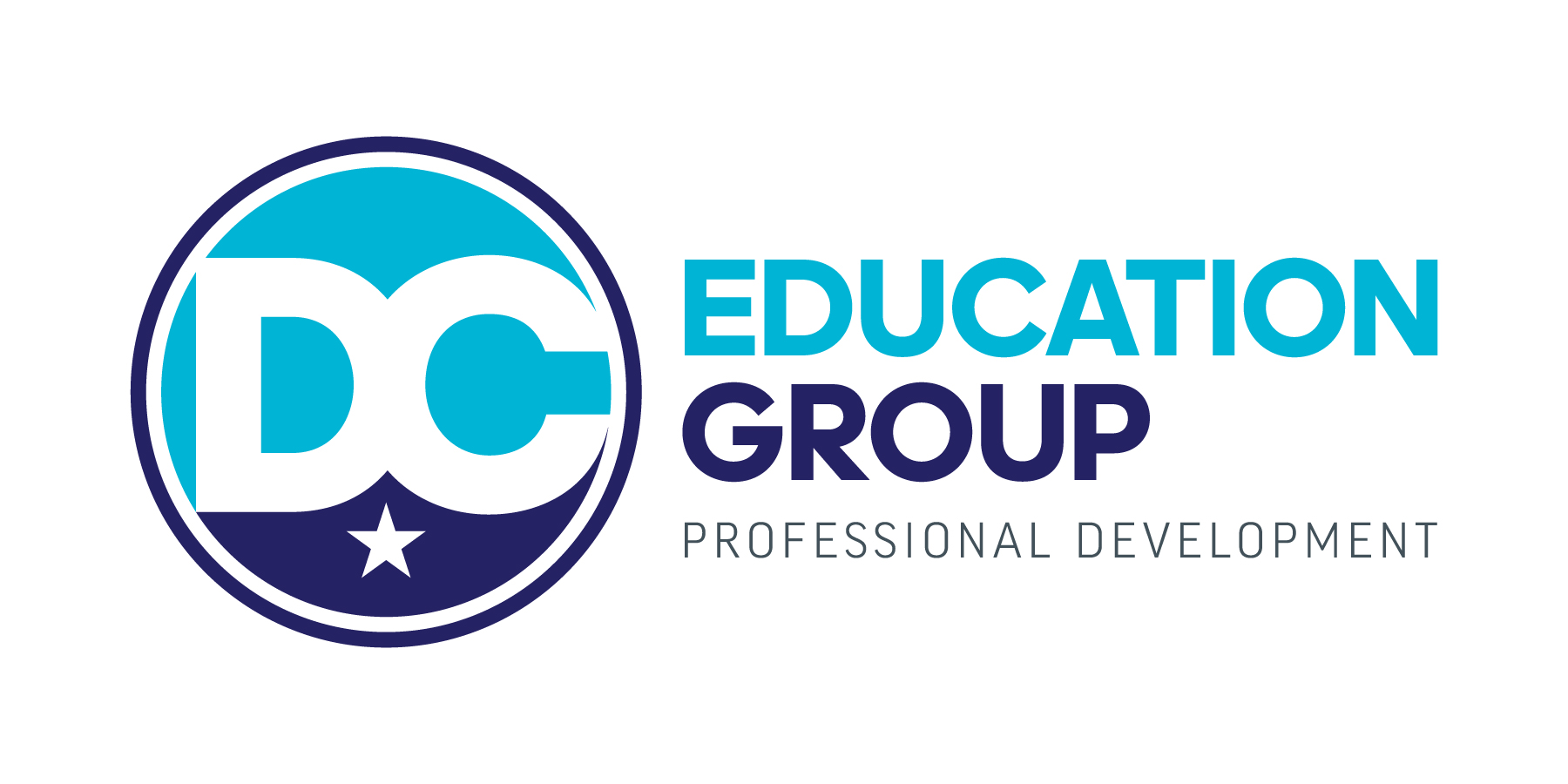As virtual classrooms become more prevalent, educators face the challenge of keeping students engaged and motivated in the digital learning environment. Student engagement is crucial for academic success, as it promotes active learning, participation, and retention of information. With the rise of online learning platforms, it is essential for educators to explore innovative strategies to enhance student engagement in virtual classrooms.
One effective way to improve student engagement in virtual classrooms is by providing academic counseling services. Academic counseling can help students set academic goals, develop study skills, and address any challenges they may be facing in their coursework. By offering personalized support and guidance, academic counselors can help students stay motivated and focused on their academic success.
Incorporating academic counseling into virtual classrooms can be done in various ways. Educators can schedule one-on-one virtual counseling sessions with students to discuss their academic progress, provide feedback on assignments, and offer strategies for improvement. Additionally, educators can create online resources such as study guides, time management tips, and academic success workshops to support students in their learning journey.
Another way to improve student engagement in virtual classrooms is by creating a collaborative and interactive learning environment. Educators can use online discussion forums, group projects, and virtual breakout rooms to encourage student participation and collaboration. By incorporating activities that promote peer interaction and communication, educators can foster a sense of community and connection among students in the virtual classroom.
Furthermore, educators can use multimedia tools such as videos, podcasts, and interactive simulations to enhance the learning experience and capture students’ interest. By incorporating a variety of multimedia content into their virtual classrooms, educators can cater to different learning styles and engage students in a dynamic and interactive way.
It is also important for educators to provide regular feedback and encouragement to students in virtual classrooms. By acknowledging students’ efforts and progress, educators can motivate students to stay engaged and invested in their learning. Additionally, educators can use formative assessments and quizzes to gauge students’ understanding of course material and provide timely feedback to help students improve.
In conclusion, student engagement is essential for academic success in virtual classrooms. By incorporating academic counseling services, creating a collaborative learning environment, using multimedia tools, and providing regular feedback, educators can enhance student engagement and promote active learning in the digital learning environment. By implementing these strategies, educators can help students stay motivated, focused, and successful in their virtual classrooms.
For more information visit:
DC Education Group
https://www.dceducationgroup.com/
DC Education Group offers online student affairs professional development opportunities and consulting services for higher education focused on increasing student retention, academic success, and student satisfaction.
DC Education Group offers self-paced training courses such as a student success coaching certificate, academic advising training, a student affairs leadership certificate, and a faculty advising and student mentorship certificate.
